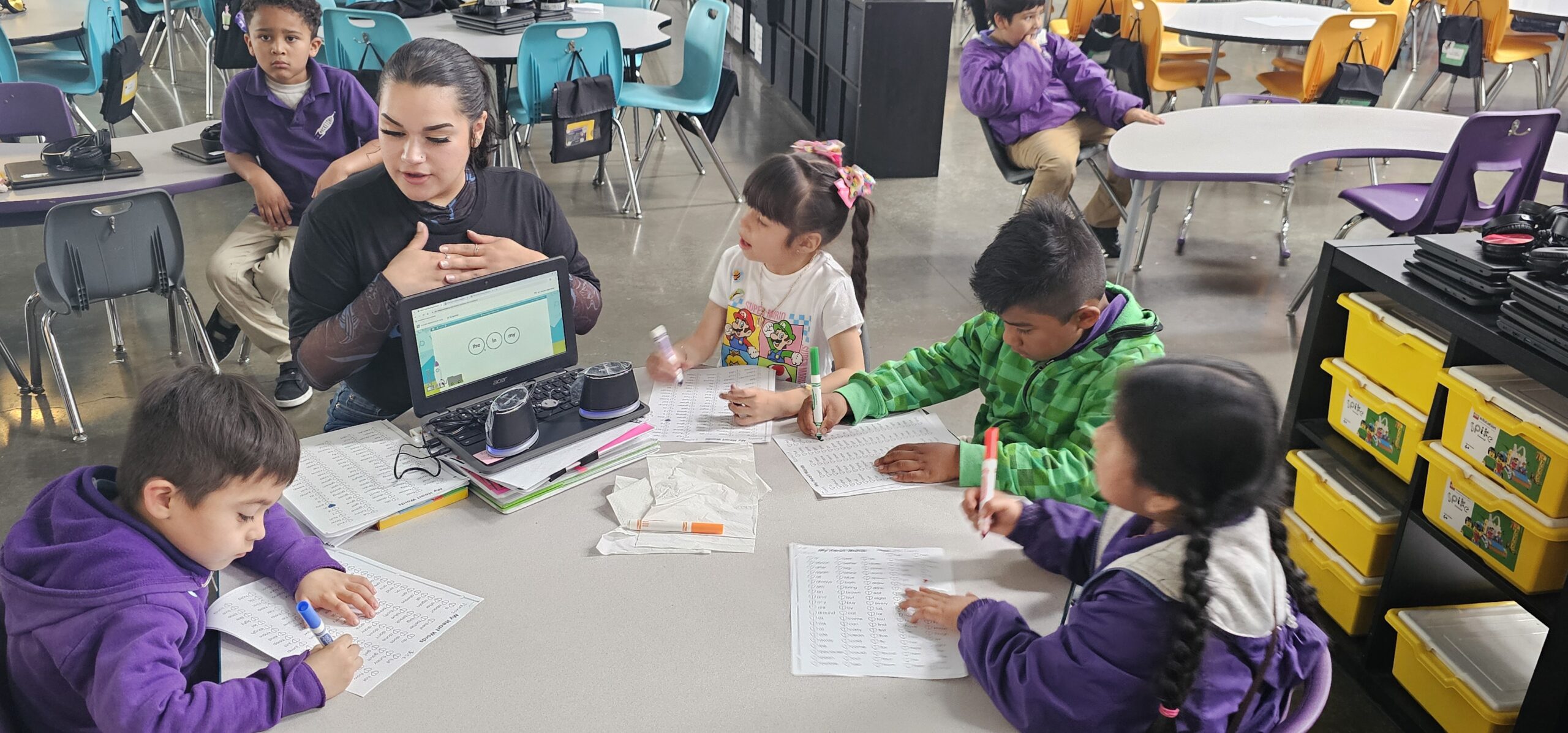From 2022 to 2025, about $1.8 million in one-time American Rescue Plan funds were granted through the Tutoring Matters initiative. These funds enabled local education agencies and community-based organizations to deliver high-impact tutoring to over 2,800 students in grades 4-12, focusing on traditionally underserved San José communities, including English learners, homeless or foster youth, and student from racial and ethnic communities experiencing achievement gaps.
On behalf of our Foundation team and the San José Public Library, we extend our deepest gratitude to the following grantees for their valued partnership and unwavering commitment to student success.
Cohort 2025
- Campbell Union High School District
- José Valdés Math Foundation
- Step Up Tutoring
Cohort 2024
- Franklin McKinley School District in partnership with Teach for America
- Alpha Public Schools in partnership with Ignite Reading
- Reading Partners Silicon Valley
- Study Smart Tutors Inc. in partnership with Campbell Union High School District
- Santa Clara County Office of Education in partnership with Bay Area Tutoring Association
Cohort 2023
- Alpha Public Schools
- Elevate Tutoring
- Santa Clara County Office of Education in partnership with Bay Area Tutoring Association


